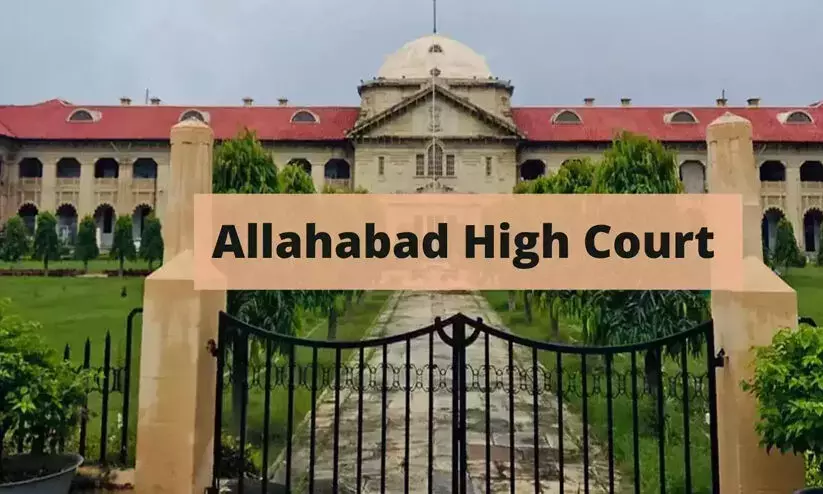
Constitution does not back forced, fraudulent conversions: High Court
text_fieldsPrayagraj: Allahabad High Court has observed that though the Indian Constitution gives every citizen the right to freely follow and spread their religion, it does not support forced or fraudulent conversions, reports PTI.
Justice Vinod Diwaker made the observation while rejecting a plea to cancel an FIR against four people accused under the Uttar Pradesh Prohibition of Unlawful Religious Conversion Act, 2021.
According to the complaint, the accused tried to convert people to Christianity by offering money and free medical care.
The court refused to cancel the case, stating that the charges were serious and valid enough for a police investigation.
In its judgment, the court observed, "India's constitutional framework guarantees the right to religious freedom under Article 25. This Article confers upon every person the fundamental right to freely profess, practise and propagate religion, subject to public order, morality and health. The use of the word 'freely' in Article 25 underscores the voluntary nature of religious belief and expression."
"However, the Constitution does not endorse forced or fraudulent conversions, nor does it shield coercive or deceptive practices under the guise of religious propagation," it added.
The court maintained that these limitations are essential to ensure that the exercise of religious freedom does not disrupt the societal fabric or endanger individual and communal well-being.
"The presumption that one religion is inherently superior to another clearly presupposes the moral and spiritual superiority of one religion over another. Such a notion is fundamentally antithetical to the idea of secularism. Indian secularism is rooted in the principle of equal respect for all religions. The state must neither identify with nor favour any religion, but instead maintain a principled equidistance from all religions and faith," the ruling said.
Commenting on the 2021 Act prohibiting unlawful religious conversion brought in by the Uttar Pradesh government, the court stated that it was enacted to maintain public order, moral integrity and health in alignment with Article 25 of the Constitution.












